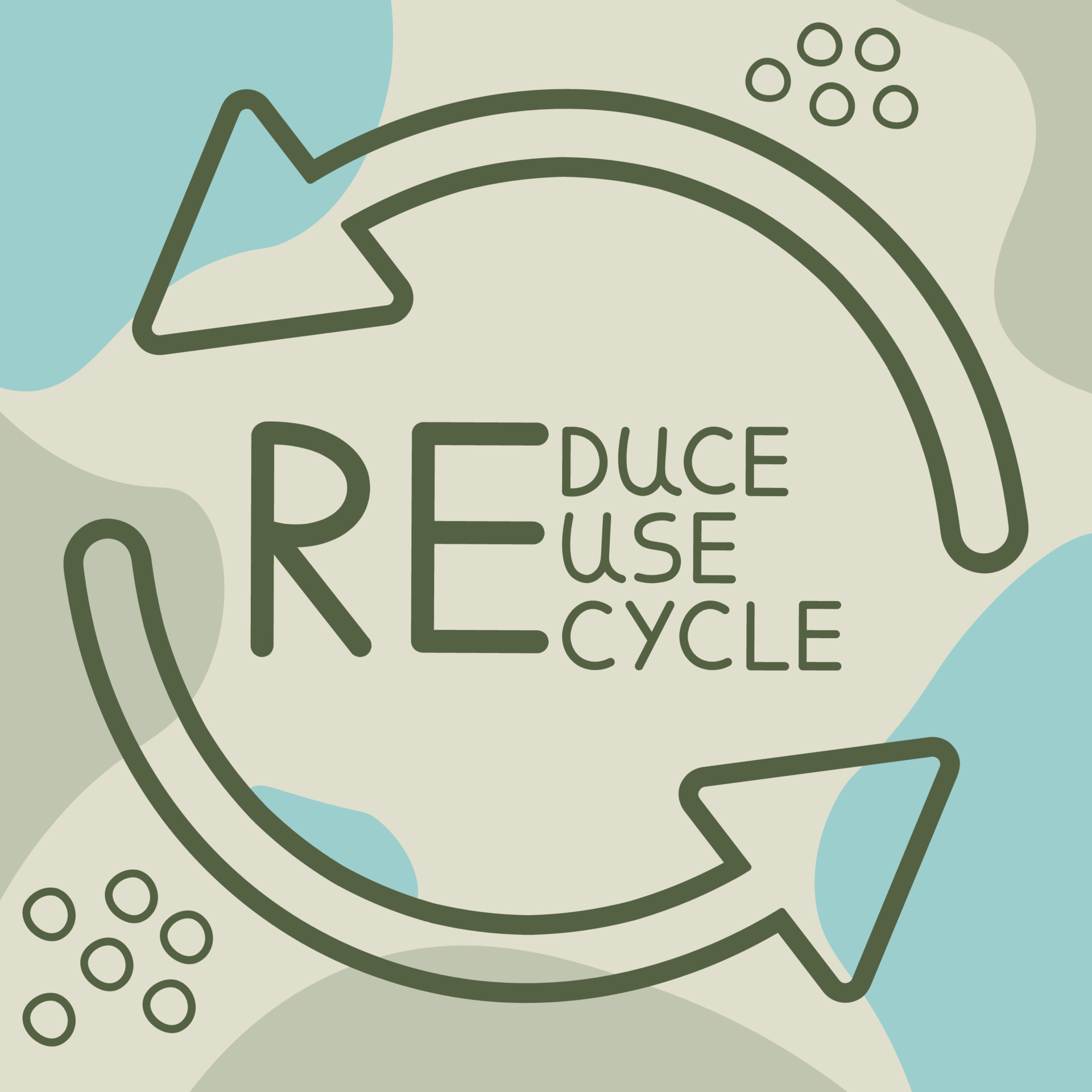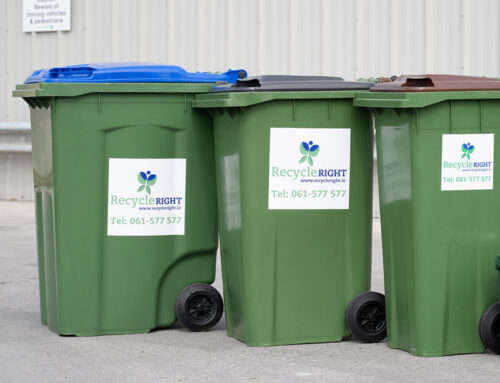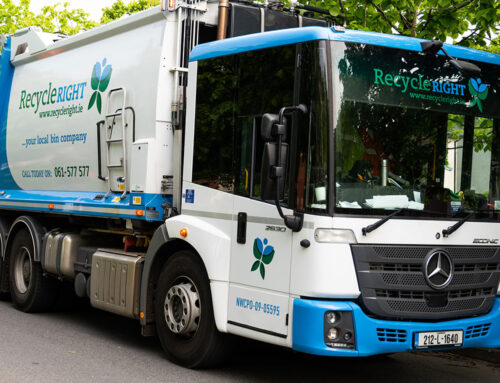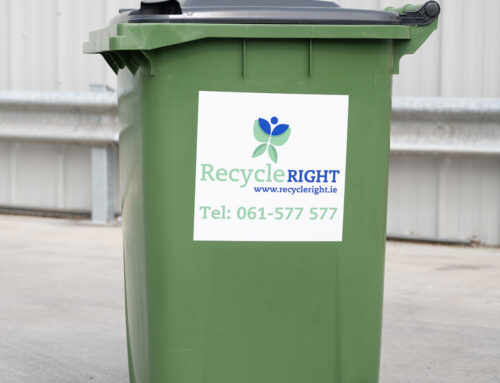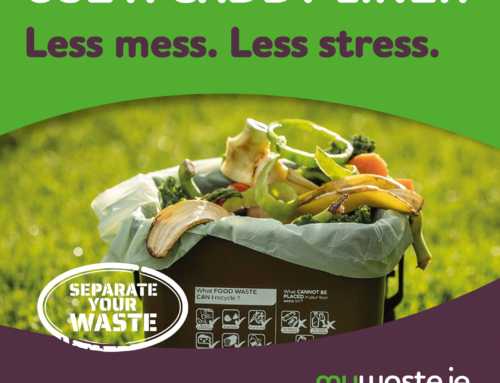In a world grappling with environmental challenges, the concept of sustainability has become more critical than ever before. At the forefront of sustainable living lies the simple yet powerful mantra of “Reduce, Reuse, Recycle,” commonly known as the Three R’s. This guiding principle offers a roadmap for individuals and communities to make conscious choices that minimise waste, conserve resources, and protect the planet for future generations. In this article, we will delve into each of the Three R’s and explore how they form the foundation of a more sustainable and eco-friendly lifestyle.
-
Reduce: Less is More
The first R, “Reduce,” encourages us to cut back on the consumption of resources and goods that have a negative impact on the environment. In a world driven by consumerism, it may seem challenging to embrace this concept, but even small changes can make a significant difference.
a. Mindful Consumption: Before making a purchase, ask yourself whether you truly need the item. Avoid impulse buying and opt for products with less packaging, focusing on quality and longevity.
b. Energy Conservation: Reduce your energy consumption by turning off lights and appliances when not in use. Opt for energy-efficient appliances and switch to LED bulbs.
c. Water Conservation: Be mindful of water usage at home. Fix leaky faucets, use water-saving showerheads, and collect rainwater for plants.
d. Minimalism: Embrace a minimalist lifestyle by decluttering and owning only what you genuinely need and cherish.
-
Reuse: Give Items a Second Life
The second R, “Reuse,” emphasizes finding creative ways to extend the lifespan of products and materials. By doing so, we reduce the demand for new resources and minimize the amount of waste that ends up in landfills.
a. Bring Your Own: Invest in reusable items such as water bottles, coffee cups, and shopping bags to reduce single-use plastic waste.
b. Repurposing: Get creative with old items that would otherwise be discarded. Turn glass jars into storage containers or transform old clothing into new fashion pieces.
c. Donations and Swaps: Donate or exchange gently-used items with friends, family, or local community organizations to ensure they find a new home.
d. Repair and Maintain: Rather than discarding broken items, consider repairing them or taking them to repair shops that specialise in fixing household goods.
-
Recycle: Closing the Loop
The third R, “Recycle,” focuses on diverting waste from landfills by converting discarded materials into raw materials for new products. Recycling is an integral part of waste management, and proper recycling practices can significantly reduce the strain on natural resources.
a. Know Your Recycling Programme: Familiarise yourself with your community’s recycling guidelines to ensure you’re recycling the right materials in the correct way.
b. Separate Waste: Sort recyclable materials from non-recyclables at home, making recycling collection and processing more efficient.
c. Buy Recycled Products: Support the recycling industry by purchasing products made from recycled materials, thus closing the recycling loop.
d. Encourage Others: Educate and inspire friends, family, and colleagues to adopt responsible recycling practices, creating a collective impact.
Embracing the Three R’s of sustainability—Reduce, Reuse, and Recycle—can empower individuals to take active roles in protecting the environment. By making conscious choices in our daily lives, we can collectively reduce waste, conserve resources, and contribute to a greener, healthier planet. Remember, every small action counts, and by incorporating these principles into our lifestyle, we can pave the way for a more sustainable future for generations to come. Let us join hands and work together to create a world where the harmony between humans and nature flourishes through responsible and thoughtful living.

